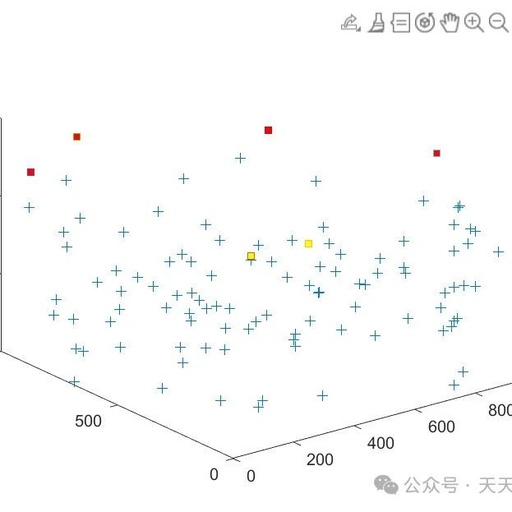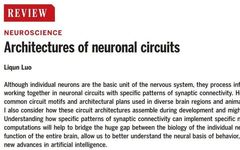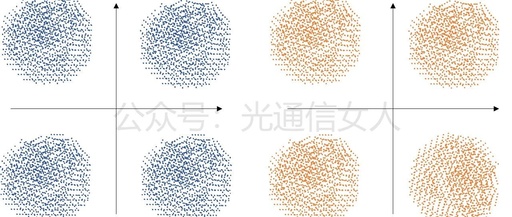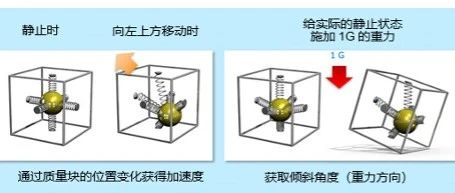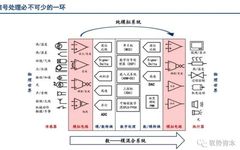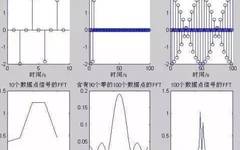An Effective Routing Protocol for Underwater Wireless Sensor Networks with Matlab Code
✅ Author Profile: A research enthusiast and Matlab simulation developer, skilled in data processing, modeling and simulation, program design, obtaining complete code, reproducing papers, and scientific simulation. 🍎 Previous reviews, follow the personal homepage:Matlab Research Studio 🍊 Personal motto: Seek knowledge through investigation, complete Matlab code and simulation consultation available via private message. Intelligent Optimization … Read more
